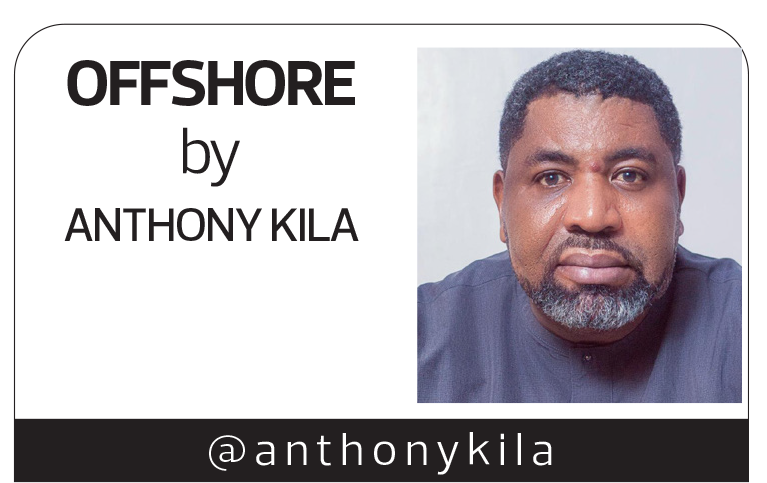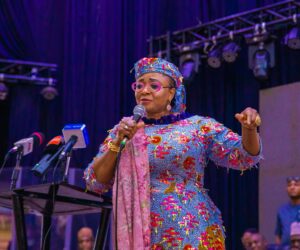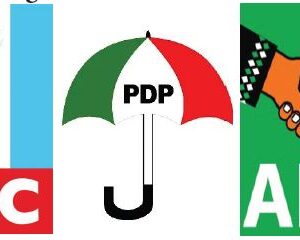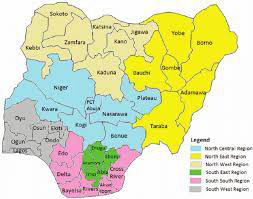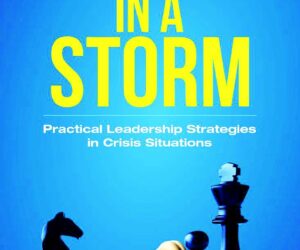1
We must focus on consolidating our traditional energy sources, while also actively exploring and developing renewable and alternative energy options to ensure a resilient and sustainable supply. The dedicated team at the LEETS Project deserves special recognition for their valuable contributions to these efforts.
Logistics is fundamental to a nation’s economic efficiency. When a country prioritises seamless logistics and transportation, it effectively reduces the gap between innovative ideas and financial success. Well-organised transport systems operate quietly yet powerfully; they communicate a clear message to investors—that the nation is prepared for business and values their investments.
Importantly, even challenges in the logistics sector can be viewed as opportunities for improvement. Demonstrating a genuine commitment to upgrading infrastructure—such as roads, railways, maritime routes, and air travel—to be safe, accessible, and affordable for more individuals and businesses not only addresses existing problems but also signals a proactive approach towards economic growth. This visible dedication to development fosters confidence among investors and stakeholders, underscoring the vital role of efficient ports and logistics in national prosperity.
We must begin to view the digital process as both a public and private infrastructure, integral to our daily lives. Essential elements such as digital identity, financial transactions, official registries, and land documentation form the very plumbing of a modern economy. When these digital pipelines are kept clean, accessible, and widespread, they enable the smooth flow of talent, resources, and ideas, fostering greater collaboration and innovation throughout society and beyond our shores.
Partners and investors rely on impartial referees, so any society that wants to attract them needs to ensure their presence is felt.
In California, the success of the state’s innovative ecosystems can be attributed to transparent and visible institutions such as courts, regulators, and auditors. These entities serve as credible referees, ensuring that the rules are enforced fairly.
Nigeria’s markets and system are in dire need of the same kind of trustworthy oversight: non-intrusive referees who make dishonest practices costly and promote fair competition. When justice is delayed or can be negotiated, honest players suffer twice: first, by the actions of the corrupt, and second, by the erosion of public trust and cynicism. Conversely, a dependable referee attracts and encourages participants who wish to compete and succeed within the framework of clear rules and genuine fairness. Such institutions are the backbone of thriving, equitable markets and societies at large.
The diaspora dividend is a resource we undervalue at our own expense. California has perfected the art of transforming outsiders into insiders. Nigeria’s diaspora—rich in capital, skills, and networks— remains an underutilised partner. The approach is simple: facilitate investment, secure contracts, provide tax clarity, and create vehicles for co-investment in infrastructure, healthcare, and education. The diaspora will handle the rest; passion simply needs an entry point. A nation that fails to value its diaspora will lose them to countries that know how to turn outsiders into insiders.
Though moving in two directions, there is one lesson the two giants can learn from each other about the paradox of structure.
California must confront its own paradox: prosperity that prices out the future. Housing, infrastructure delays, and regulatory thickets threaten the very dynamism that made the state a magnet. The lesson from Nigeria’s relentless improvisation is that flexibility and speed are not enemies of standards; they are the proof of living institutions. Reform, in both places, means making the rules firm enough to be fair and light enough to let people move.
Nigeria must confront its central paradox: potential without routine. The work ahead is not poetic; it is procedural—power on, contracts honoured, courts quick, ports efficient, schools competent, budgets published. Nations grow when ordinary things work.
From Legend to Ledger: Potential is a charming myth; fulfilment is a ledger. California’s strength has been in turning dreams into actions and pricing them in markets. Nigeria’s opportunity lies in transforming energy into systems and systems into trust. Giants grow not by lifting heavier weights but by mastering better techniques. The blueprint is straightforward: ideas that are free to compete, rules that are clear to all, and institutions strong enough to be unremarkable.
If California remembers that inclusion must be affordable and Nigeria recalls that ambition must be operational, both giants will continue their ascent—one maintaining its edge, the other reaping its dividend. And the world, which values their music, films, microchips, markets, and intellect, will benefit from it.
Anthony Kila is a Jean Monnet Professor of Strategy and Development at the Commonwealth Institute of Advanced and Professional Studies (CIAPS). He is also the Pro-Chancellor and Chairman of the Governing Council of the Michael and Cecilia Ibru University (MCIU). You can join him via @anthonykila on X to continue the conversation.

